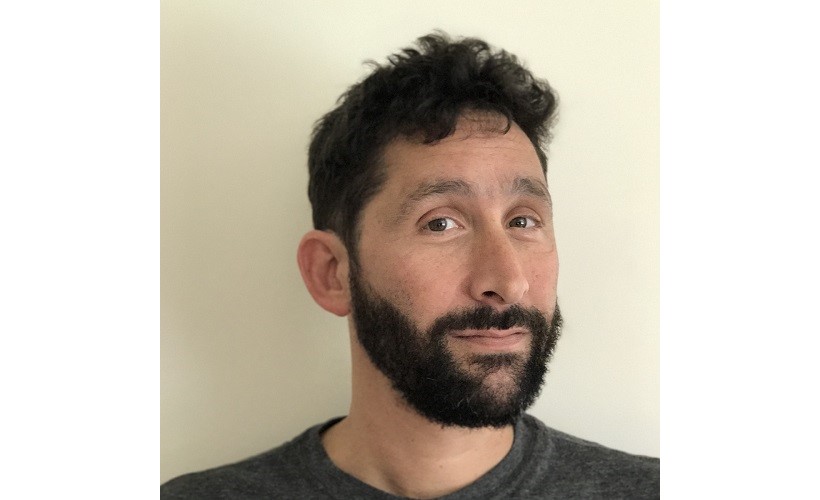This special episode of Sinica starring our very own Jeremy Goldkorn was recorded in New York on July 17. With decades of experience in China-related business, entrepreneurship, and media, Jeremy shares his views on the latest developments in Chinese business, technology, and politics, and tells personal stories from his 20 years living in China.
What to listen for on this week’s Sinica Podcast:
“Every day you see something you don’t see every day.”
—Jim McGregor, on living in China
11:26: Throughout (almost) all of Jeremy’s entire professional life, he’s provided English-reading viewers coverage of China. But why? Jeremy: “First of all, it’s very interesting. China has never been well covered, ever, by European or American media. Not that there aren’t journalist and writers and scholars who do great work, but if you think about how much we know about every single city block in Manhattan compared to vast swathes of China that there’s no information at all in English — physically, culturally, or intellectually.”
14:25: “In the field of China, everybody tiptoes around the issue so much of the time. They’re either tiptoeing around the issues because they’re afraid of offending somebody, the Chinese or the Chinese Communist Party, or sometimes they’re not tiptoeing around the issues, they’re not really talking the truth because they’re over-generalizing. There’s so much stuff to say that falls in between those that I find interesting. Just being able to talk the truth about what’s going on in China, but also being sympathetic to China at the same time, is something that, for some reason, pisses a lot of people off. But I think it’s something we need to be able to do because — certainly in this country right now — we are in danger of demonizing all Chinese people, demonizing the country, and there’s also a problem with a generation of older China watchers who are used to a way of talking about China where you’re always kind of always tweaking the reality to not offend people.”
20:59: Beijing was a very different place during the 90s and early 2000s. Since that time, young Chinese people are now, in Jeremy’s words, “smarter, more talented, and more qualified — and they understand China better than [westerners].” Nowadays, many job opportunities afforded to foreigners coming to China are gone.
Jeremy goes on to say, laughing, “China is so different now, how can you compare? There were donkey carts on the second ring road in 1995. Now you can’t cross it because there are too many Maseratis there.”
41:30: Kaiser asks Jeremy about the “outsize role” that U.S.-China relations play in the discussion on China. Jeremy tells Kaiser, “It used to annoy me the way Americans always assume your baseline for normalcy is American…you know, Chinese people and American people are very similar in this way, they only really see their country and ‘the other big one’ — I think the Chinese people taught me to be tolerant of American self-centeredness.”
This podcast was edited and produced by Kaiser Kuo and Jason MacRonald.








